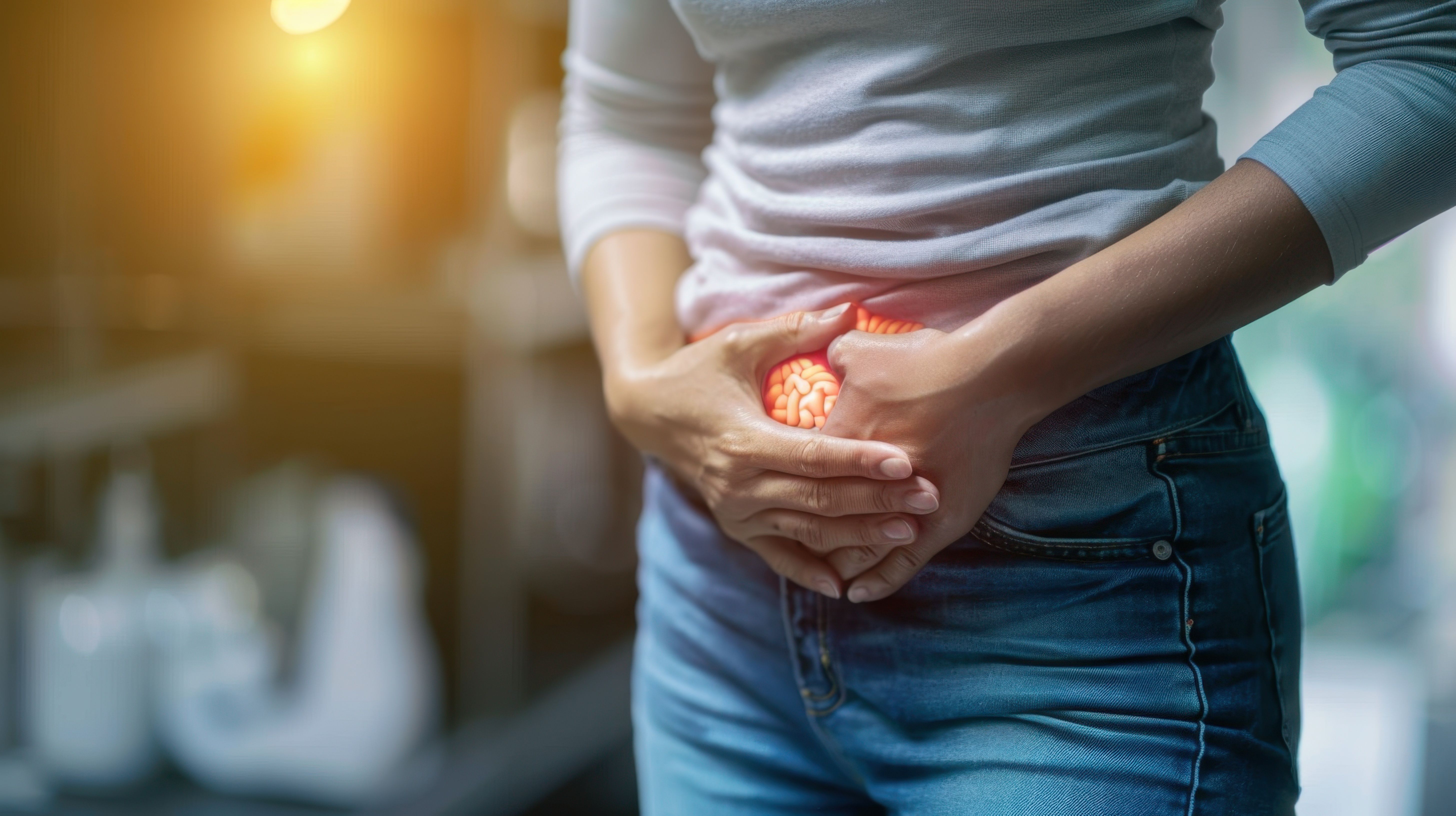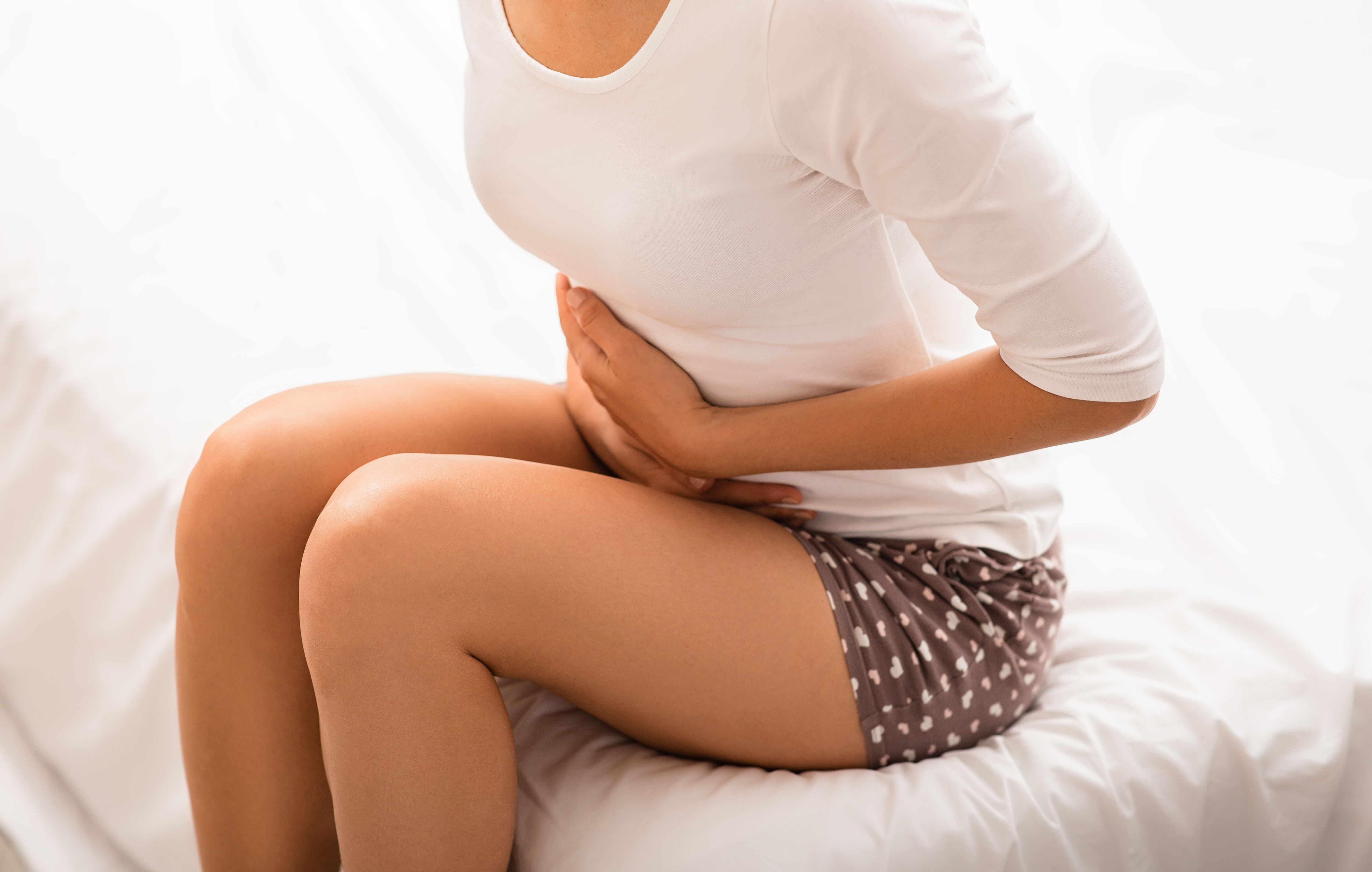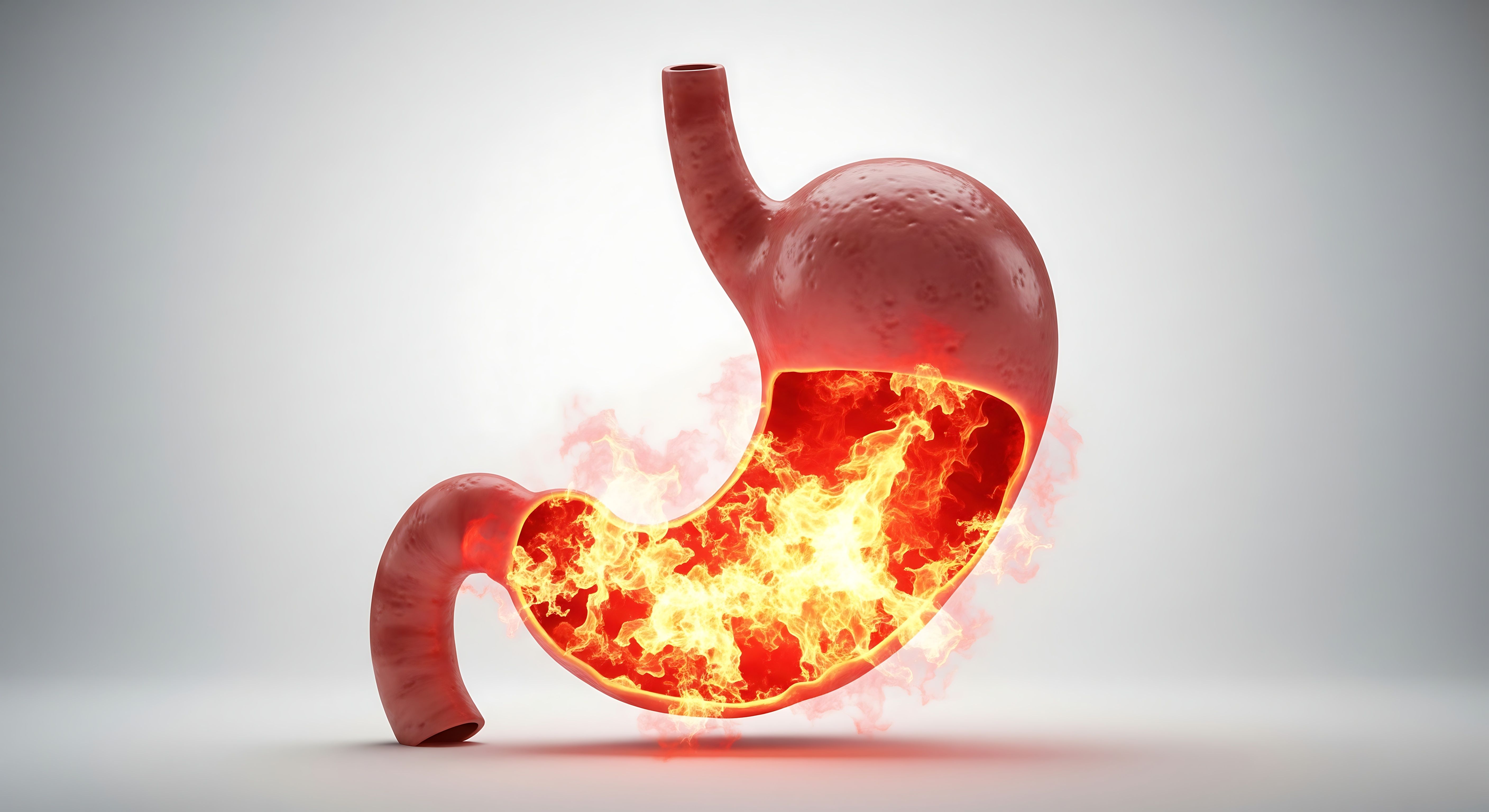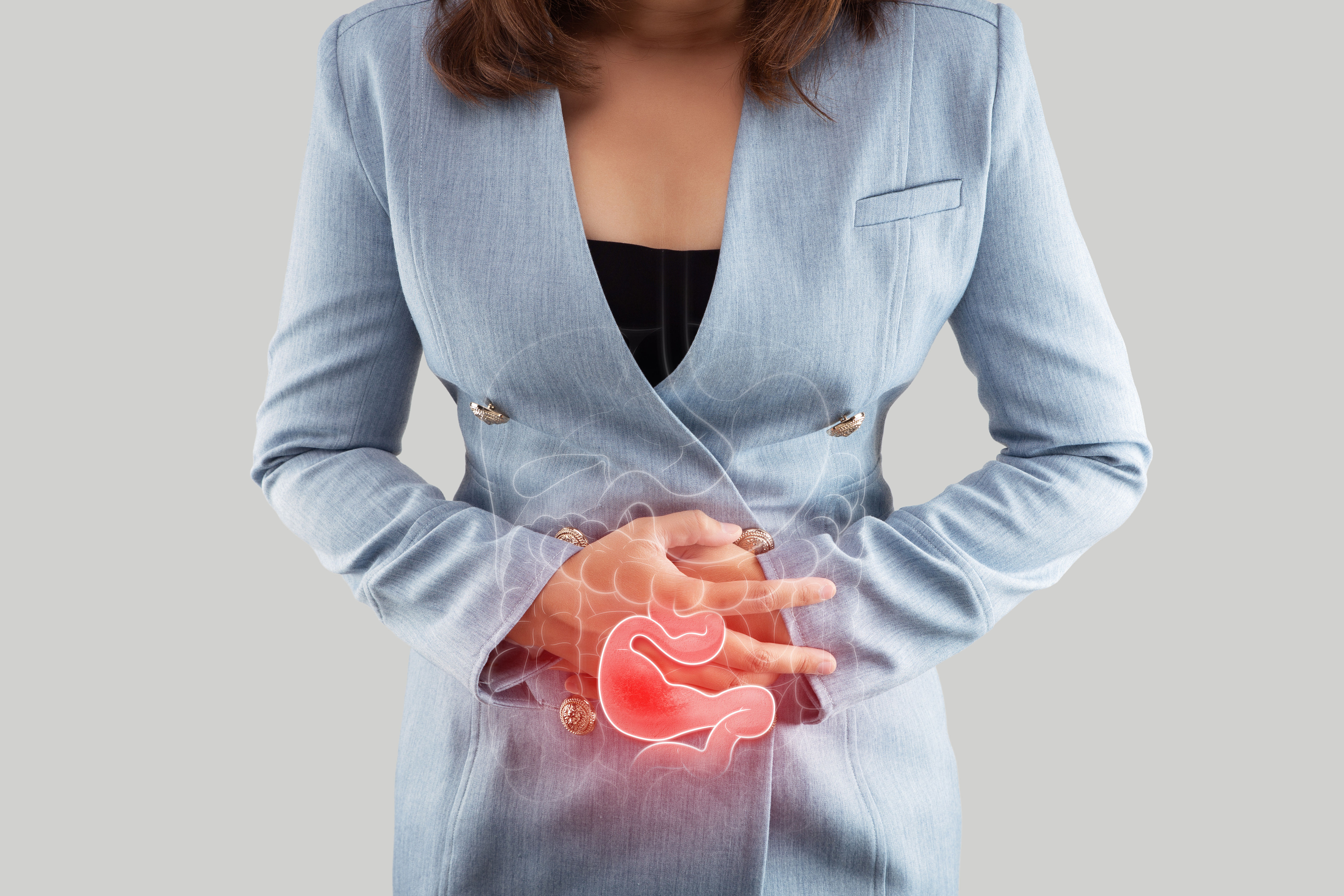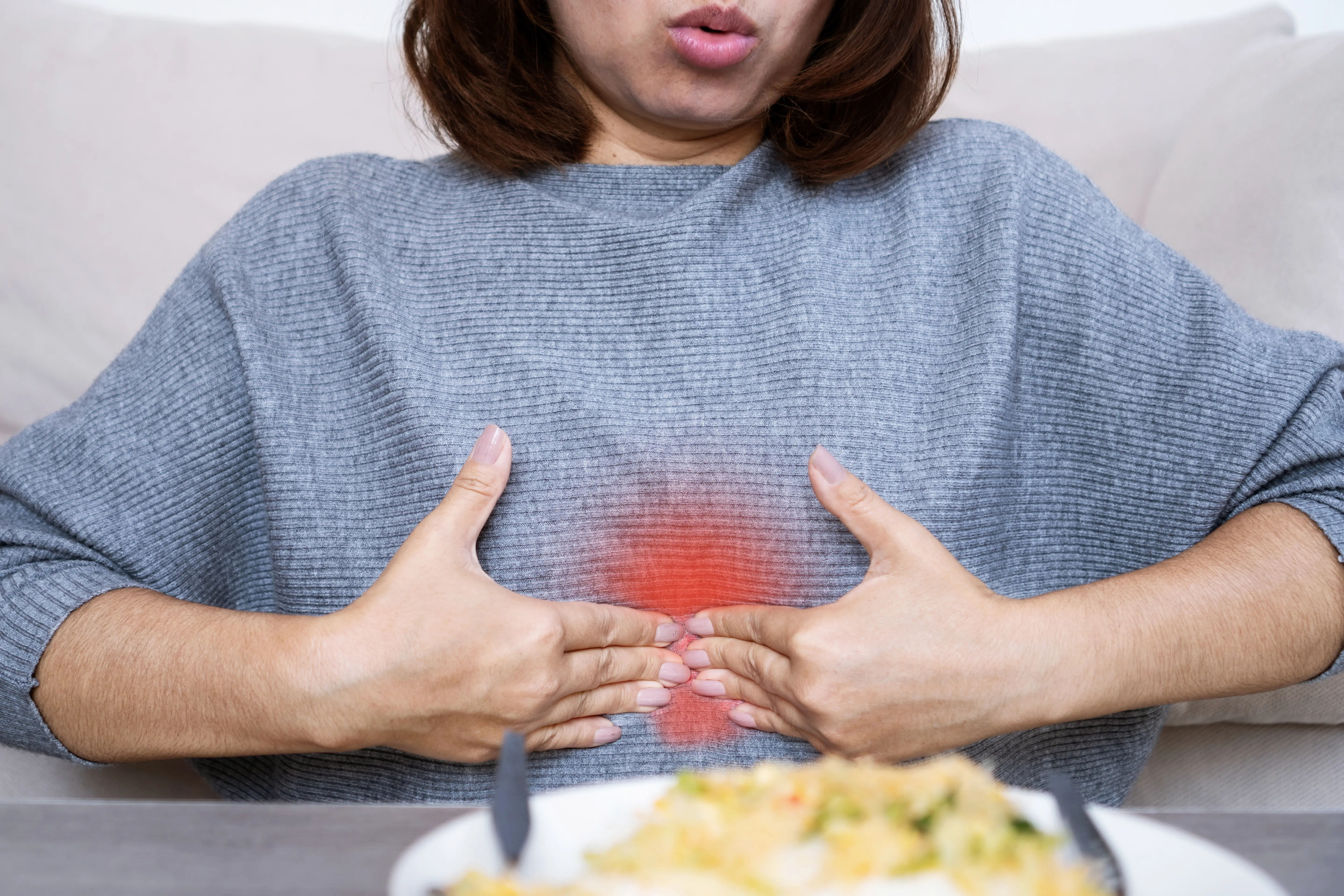Understanding Bloating: Common Causes and Effective Remedies
Learn about the causes of bloating, its symptoms, and treatments with expert tips for prevention and relief of digestive discomfort through diet and lifestyle changes.

Written by Dr. Shaik Abdul Kalam
Reviewed by Dr. J T Hema Pratima MBBS, Fellowship in Diabetes Mellitus
Last updated on 3rd Mar, 2026

Bloating refers to the swelling of the abdominal cavity, accompanied by a sensation of fullness or tightness and visible distention. This discomfort develops in the gastrointestinal tract, a combination of organs that physically and enzymatically break down ingested food, extract the nutrients and eject the byproducts.
Keep reading to learn about the different types of bloating, its potential causes, associated symptoms, how healthcare professionals diagnose it, and effective strategies to prevent this discomfort.
Common Causes of Bloating
One of the leading causes of bloating is the consumption of specific foods and beverages. These include soda and other carbonated drinks, along with beans, cauliflower, broccoli, and cabbage, which can contribute to gas. Here are some other types of foods causing bloating:
Consumption of dairy products leads to bloating in lactose intolerant people, while foods with gluten cause bloating in people with celiac disease or gluten intolerance.
High salt intake results in fluid retention and can result in bloating.
SIBO, or Small Intestinal Bacterial Overgrowth, is a condition in which harmful bacteria multiply in the small intestine. It causes indigestion and chronic bloating.
Irritable Bowel Syndrome (IBS) and Inflammatory Bowel Disease (IBD) are two other inflammatory conditions that commonly lead to bloating.
Gastroparesis, a result of nerve dysfunction, can cause constant bloating and feelings of fullness and discomfort.
In women, there might be bloating manifestations during gynaecological diseases (endometriosis, menstruation-linked changes), as well as ovarian cancer in rare cases.
Consult Top Gastroenterologists
Dietary Triggers of Bloating
Foods causing boating often contain complex carbohydrates or excess fibre. Intolerances of sugars like lactose and fructose can also lead to gas production and abdominal discomfort. Here are the specific types of foods mentioned:
Beans and Lentils: These foods are high in fibre and fermentable oligosaccharides, disaccharides, monosaccharides, and polyols (FODMAPs), which can irritate individuals with IBS by causing gas and bloating.
Carbonated Drinks: Carbon dioxide causes a buildup of gas in the stomach and results in swelling.
Wheat: It contains gluten and FODMAPs, which can trigger bloating with gluten intolerance or celiac disease.
Cruciferous Vegetables (e.g., broccoli, cabbage): These are high in FODMAP that could cause bloating.
Lifestyle Habits That Lead to Bloating
Some of the lifestyle practices that result in bloating include:
Unhealthy eating habits can significantly affect the normal functioning of the digestion system. Improper chewing can lead to poor digestion and excessive air intake, while overeating slows down the digestive process.
Other daily habits include chewing gum, drinking beverages through a straw, and talking while eating.
Not drinking enough water, particularly when consuming high-fibre foods, can stall digestion and cause more bloating.
Stress triggers adrenaline, preparing the body for a fight-or-flight response. This diverts resources away from the digestive system, potentially increasing stomach acid or slowing digestion, which can result in gas.
During periods of elevated anxiety, the gut-brain axis is disturbed, changing regular cyclical patterns in the stomach and worsening the symptoms of IBS.
Medical Conditions Associated with Bloating
Occasional bloating is normal, and temporary occurrences can be attributed to food intake. Constant or severe swelling may indicate illnesses that need medical intervention. Here are the medical conditions associated with bloating:
Irritable Bowel Syndrome (IBS): It is a gastrointestinal disorder characterised by lower abdominal pain, changes in bowel movement patterns, and continuous distension. The condition affects the regular rhythmic contractions of the gastrointestinal tract and its mobility, causing increased gas buildup and abdominal distention.
Gastroesophageal Reflux Disease (GERD): It is a health condition in which stomach acid returns to the oesophagus, often leading to bloating, heartburn, and chest pain. The problem interferes with the normal contraction and relaxation of the lower oesophagal sphincter, causing improper digestion and bloating.
Other Gastrointestinal Disorders: Celiac is an autoimmune disorder that affects the small intestine by eliciting an inflammatory response whenever it comes into contact with gluten. Small Intestinal Bacterial Overgrowth (SIBO) is characterised by the overproduction of gas caused by an imbalance of bacteria.
Furthermore, inflammatory conditions of the gastrointestinal tract, such as Crohn’s disease and ulcerative colitis, are medical conditions associated with long-standing swelling and dysfunction of the gastrointestinal tract.
Symptoms of Bloating
Knowing the symptoms below is essential in managing bloating:
Swelling mainly presents as a sensation of excess pressure or fullness in the abdomen and visible stomach enlargement.
Other symptoms people link to the condition include loud gurgling in the belly and passing more gas.
Physical symptoms may include a stomach ache but are not limited to it. Gastrointestinal symptoms may include constipation, diarrhoea, and a feeling of fullness.
Patients experience cycles of swelling and discomfort that fluctuate over the day and increase after meals.
Aggravated forms of bloating may even limit movements. One must seek urgent medical advice if bloating is accompanied by sharp abdominal pain, blood in stool, unexpected weight loss, frequent nausea, vomiting, or changes in bowel movements.
Diagnostic Approaches for Bloating
To assess symptoms, clinicians adhere to specific approaches involving diagnosis and treatment plans.
The diagnostic process starts with a medical evaluation, during which the physician evaluates bloat symptoms' onset, duration, and patterns.
Doctors ask questions about foods, medications, and lifestyle habits leading to such symptoms.
Based on the first assessment, specific investigations might be requested. Blood tests can detect the presence of an infection, inflammatory markers, or evidence of coeliac disease.
Sometimes, a physician may recommend imaging tests, such as an X-ray or ultrasound, to help diagnose abdominal structure problems, such as obstruction or intraabdominal fluid collection.
If the symptoms are chronic, the doctor might recommend a gastroscopy or colonoscopy to view the lining of the intestine and recommend a biopsy if needed.
Other advanced tests, such as stool examination, can also reveal particular pathogens that cause the ailment in the gastrointestinal tract.
Remedies and Treatments for Bloating
The first step to controlling bloating is monitoring the type of foods one eats. Here are the additional remedies:
One must practice mindful eating, like taking smaller portions in several sittings. Chewing food properly can also minimise bloating.
Several drugs may help reduce the manifestations of bloating. Over-the-counter drugs are available which contain simethicone and work by releasing gas bubbles in the digestive system.
Lactase (Lactaid) and alpha-galactosidase (Beano) are enzyme supplements that help the body break down particular complex substances in dairy products and vegetables.
Specific herbal teas target different aspects of indigestion. Peppermint oil helps calm the gut muscles, ginger and chamomile reduce inflammation in the digestive tract, and green tea contains antioxidants.
Consuming foods that contain probiotics, such as curd, buttermilk, or fermented vegetables, keeps digestion healthy.
Conclusion
Bloating is common, but it can be managed effectively. Patients can control bloating by learning about its triggers, improving their diet and lifestyle, or consulting a healthcare professional when needed. Consistency and paying attention to the body’s signals are key to maintaining digestive health.
Consult Top Gastroenterologists
Consult Top Gastroenterologists

Dr Bhargav Vuppumalla
General Physician/ Internal Medicine Specialist
5 Years • MBBS MD GENERAL MEDICINE
Bengaluru
Apollo Medical Center, Marathahalli, Bengaluru

Dr Rohit Sureka
Gastroenterology/gi Medicine Specialist
15 Years • MBBS, DNB General Medicine, DNB Gastroenterology
Jaipur
Apollo 247 virtual - Rajasthan, Jaipur

Dr. Shivaraj Afzalpurkar
Gastroenterology/gi Medicine Specialist
13 Years • MBBS, MD General medicine (Gold medalist), DrNB (Gastroenterology), MNAMS
Bengaluru
Apollo Clinic, JP nagar, Bengaluru

Dr. Amit Pandita
Gastroenterology/gi Medicine Specialist
10 Years • MBBS. MD (INTERNAL MEDICINE) DrNB (GASTROENTEROLOGY AND HEPATOLOGY)
Delhi
Apollo Hospitals Indraprastha, Delhi

Dr. Mohd Irtaza
Gastroenterology/gi Medicine Specialist
11 Years • MBBS, MD Internal Medicine, DM Gastroenterology
Delhi
Apollo Hospitals Indraprastha, Delhi
(100+ Patients)
Consult Top Gastroenterologists

Dr Bhargav Vuppumalla
General Physician/ Internal Medicine Specialist
5 Years • MBBS MD GENERAL MEDICINE
Bengaluru
Apollo Medical Center, Marathahalli, Bengaluru

Dr Rohit Sureka
Gastroenterology/gi Medicine Specialist
15 Years • MBBS, DNB General Medicine, DNB Gastroenterology
Jaipur
Apollo 247 virtual - Rajasthan, Jaipur

Dr. Shivaraj Afzalpurkar
Gastroenterology/gi Medicine Specialist
13 Years • MBBS, MD General medicine (Gold medalist), DrNB (Gastroenterology), MNAMS
Bengaluru
Apollo Clinic, JP nagar, Bengaluru

Dr. Amit Pandita
Gastroenterology/gi Medicine Specialist
10 Years • MBBS. MD (INTERNAL MEDICINE) DrNB (GASTROENTEROLOGY AND HEPATOLOGY)
Delhi
Apollo Hospitals Indraprastha, Delhi

Dr. Mohd Irtaza
Gastroenterology/gi Medicine Specialist
11 Years • MBBS, MD Internal Medicine, DM Gastroenterology
Delhi
Apollo Hospitals Indraprastha, Delhi
(100+ Patients)
